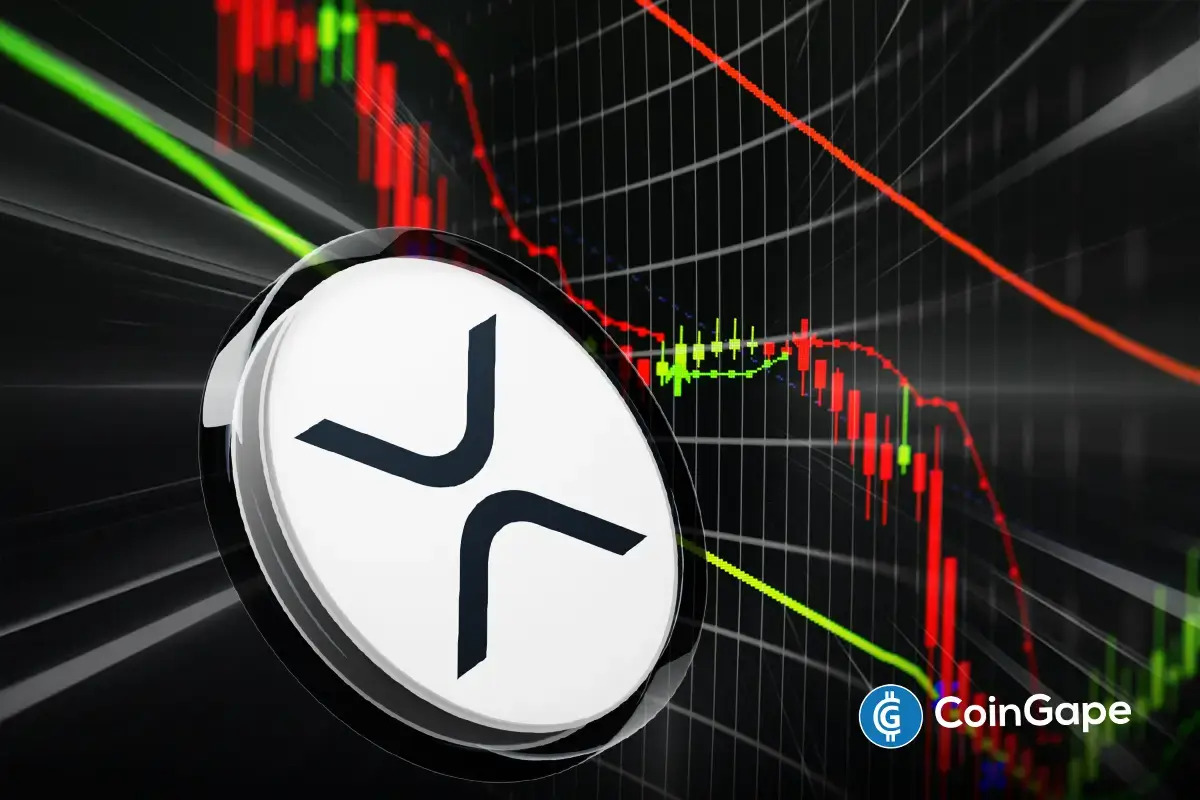France, Singapore, and Switzerland Pioneer Cross-Border CBDC Exchange

On September 28, central banks from France, Singapore, and Switzerland, in collaboration with the Bank for International Settlements (BIS), successfully trialed the cross-border trading of wholesale central bank digital currencies (wCBDCs). Besides showcasing the potential of decentralized financial technologies, the trial also sheds light on the future of interbank foreign exchange in a world steadily tilting towards CBDCs.
Harnessing DeFi for CBDC Innovations
Project Mariana, the innovative effort behind this trial, was built on decentralized finance (DeFi) concepts using a public blockchain. It utilized a common token standard, ensuring seamless interoperability and exchange between currencies. Moreover, bridges were designed to transfer wCBDCs across various networks smoothly. At the same time, automated market makers (AMM) were employed to facilitate instant pricing, execution, and settlement of spot FX transactions.
The test essentially aimed at simulating a situation where three central banks – using the hypothetical euro, Singapore dollar, and Swiss franc wCBDCs – conducted transactions on a unified platform. Consequently, Project Mariana offered a rare glimpse into what foreign and exchange settlement might look like in an era where more central banks adopt CBDCs.
The successful trial underscores the potential advantages, particularly in streamlining cross-border payments, which has long been a complex facet of the global financial infrastructure.
However, while this experiment marked significant progress, the technologies, including tokenization and DeFi, are still in the early stages. Hence, considerable exploration and research are still warranted before such systems become the norm.
What This Means for the Future
The initiative’s success signals that integrating DeFi elements, especially automated market makers, might form the backbone for future financial infrastructures. Additionally, smart contracts were utilized, allowing central banks to efficiently manage their wCBDCs without directly engaging with the underlying platform.
Cecilia Skingsley, the Head of the BIS Innovation Hub, stressed the project’s success, stating,
“Project Mariana pioneers the use of novel technology for interbank foreign exchange markets. It showcased that exchanging wholesale CBDC across borders is feasible using groundbreaking concepts like automated market makers.”
While the world watches, and as CBDCs continue to gain traction globally, tests like Project Mariana will undoubtedly play a pivotal role in shaping the digital financial landscape of the future.
Play 10,000+ Casino Games at BC Game with Ease
- Instant Deposits And Withdrawals
- Crypto Casino And Sports Betting
- Exclusive Bonuses And Rewards

- US-Iran War: Reports Confirm Bombings In UAE, Bahrain and Kuwait As Crypto Market Makes Recovery
- XRP Price Dips on US-Iran Conflict, But Capitulation Signals March Rebound
- Crypto Market at Risk as U.S.–Iran War Threatens Inflation With Oil Price Surge
- Polymarket U.S.–Iran Strike Bets Fuel Insider Trading Speculation as Crypto Traders Net $1.2M
- Cardano’s DeFi TVL Climbs as USDCx Stablecoin Launches on Network
- Circle (CRCL) Stock Price Prediction as Today is the CLARITY Act Deadline
- Analysts Predict Where XRP Price Could Close This Week – March 2026
- Top Analyst Predicts Pi Network Price Bottom, Flags Key Catalysts
- Will Ethereum Price Hold $1,900 Level After Five Weeks of $563M ETF Selling?
- Top 2 Price Predictions Ethereum and Solana Ahead of March 1 Clarity Act Stablecoin Deadline
- Pi Network Price Prediction Ahead of Protocol Upgrades Deadline on March 1

 Buy $GGs
Buy $GGs

















